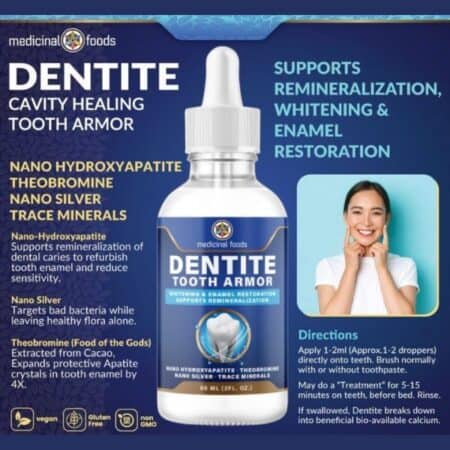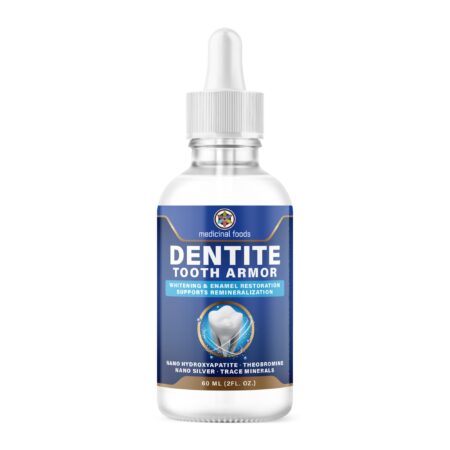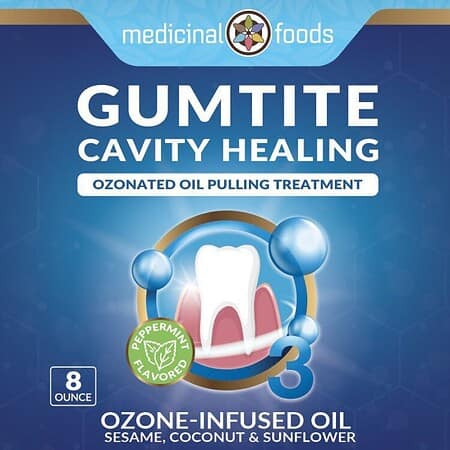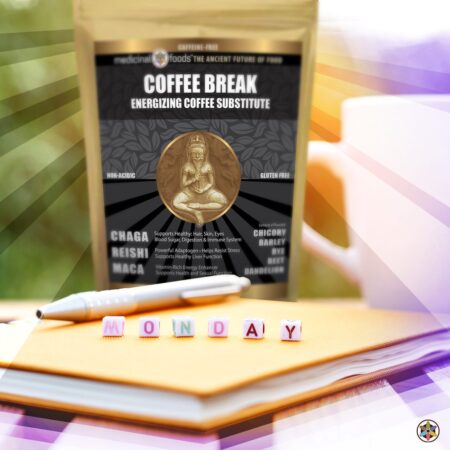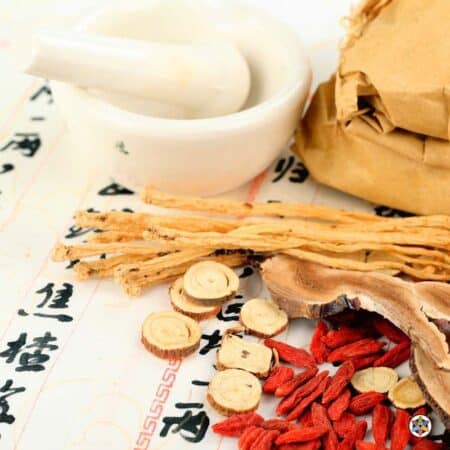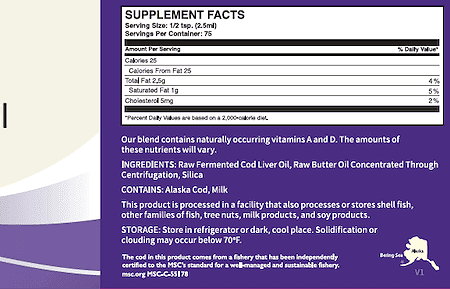Lion’s mane tea is rapidly gaining popularity among health and biohacking fanatics looking to improve their cognitive wellness.
Perhaps most famously popularized by mycologist Paul Stamets, it has been utilized in traditional Chinese medicine since ancient times.
It is currently being explored for its potential to prevent and treat dementia, promote immunity, and improve general cognition.
No human research has evaluated the possible adverse effects of the beverage or its contents.
Even at doses as high as 2.3 grams per pound (5 grams per kilogram) of body weight per day for a month or lower dosages for three months, rats showed no negative side effects.
However, because it is a type of mushroom, anybody who is allergic or sensitive to them should avoid the beverage.
Lion’s Mane Mushroom Tea
The beverage’s benefits include increased immunity and improved cognition. Users should aim to utilize it on a regular basis for optimum outcomes.
It is certainly one of a kind. BDNF and NGF encourage the formation of new nerve tissue as well as brain cells, which is why it’s so important to take this supplement.
When BDNF is released, a sequence of genes is triggered, resulting in the growth of new brain cells and neural connections.
Brain-derived neurotrophic factor (BDNF) is a nutrient that enhances learning, memory, aging, and brain rewiring.
Nerve Growth Factor (NGF) synthesis is also stimulated by this beverage, which aids in nerve cell regeneration (NGF).
As with BDNF, NGF affects the entire nervous system rather than simply the brain.
Depression, Alzheimer’s, Multiple sclerosis, and other ailments are currently being treated with it as an experimental treatment in this manner.
It is also thought to protect the brain from environmental contaminants and to counteract the natural effects of aging, among other things.
It has been shown to have a mood-enhancing impact in some experiments. Menopausal Japanese women were the subjects of one such study.
In terms of promoting emotional well-being and reducing stress, the study’s findings were encouraging.
The beverage has also been proven to increase levels of acetylcholine, a key neurotransmitter for mood and brain functioning, in mice.
Remember that it regenerates brain cells, which naturally improve the hippocampus, responsible for remembering and responding to emotional stimuli.
Depression is a prevalent and deadly condition that has a global impact. The beverage’s benefits on cognitive ability may potentially prove effective in treating depression and anxiety.
Although it hasn’t been extensively studied as antidepressant medication, we may look forward to additional research in this area in the future.
Adding it to your diet will provide your immune system with a big boost.
It’s unsurprising that it has so many antioxidants that it may aid immune system support.
On the other hand, researchers have uncovered a new pathway to improved immunity: the gut.
According to a 2017 mouse study, its protein is comparable to prebiotics and probiotics.
It may help strengthen the immune system by keeping the colony of beneficial bacteria in the stomach.
Free radicals, or chemicals that can harm cells, are eliminated by antioxidants.
Some unique chemicals in the tea have been shown in studies to have cancer-fighting properties.
When the mushroom’s extract is combined with human cancer cells, the cancer cells die more quickly as a result.
Cancer cells from the colon, liver, stomach, and blood have all been observed to have this impact.
A mushroom extract was found to be more successful at slowing tumor growth in mice than standard cancer medications, with fewer side effects in one experiential study.
The nervous system is made up of the brain, spinal cord, and numerous peripheral nerves that run throughout the body.
These components communicate with one another to send and receive signals that regulate nearly all body functions. Brain and spinal cord injuries can be life-altering.
They frequently result in paralysis or the loss of mental abilities, and their recovery time can be considerable.
Nonetheless, research has shown that the beverage’s contents can aid the healing process by promoting the growth and regeneration of nerve cells.
Additionally, it may help lessen the severity of brain damage following a stroke.
According to one study, administering its extract to mice after a stroke reduced inflammation and brain damage by 44%.
Whereas these findings are encouraging, no human studies have been undertaken to assess whether it has a similar therapeutic impact on nervous system injuries.
The beverage helps in reducing the risk of heart disease.
Excess weight, high triglycerides, high levels of oxidized cholesterol, and an increased risk of blood clots are the major risk factors for heart disease.
According to research, the beverage’s contents have the potential to alter some of these parameters and thereby lessen the risk of heart disease.
According to study, they enhance fat metabolism and decrease triglyceride levels in rats and mice.
In one study, these contents reduced triglyceride levels by 27% and reduced weight gain by 42% in rats fed a high-fat diet and given daily extract dosages.
Additionally, test-tube research has suggested that it can aid in the prevention of cholesterol oxidation in the bloodstream.
Oxidized cholesterol molecules adhere to the artery walls, hardening them and raising the risk of heart attack and stroke.
Thus, decreasing oxidation is helpful for cardiovascular health.
A chemical called hericenone B found in mushrooms has been shown to reduce blood clotting and the risk of heart attack and stroke.
As thrilling as it may be to think that it could help with a wide range of physical and mental problems, the vast majority of study to date has been conducted on animals.
We should expect more research on humans as we find more proof that the beverage can improve mental performance.
Aside from one case of respiratory discomfort connected to its consumption, the adverse effects require further research.
Lion’s Mane Tea Recipe
Here’s an easy recipe for preparing the health-benefits packed beverage. It only requires powder from the mushroom and boiling water.
-
Boil water in a kettle or a small pot over a low heat
-
Allow 30 seconds for the boiling water to stand/cool
-
In a cup, mix hot water (not boiling) and a serving of the mushroom powder
-
Stir thoroughly.
That is all. Simplicity. If you’d want to simplify the stirring process, you can use a blender you can get our ready-made blend to add to your beverages.
Additionally, a dash of lemon mixes well with this tea. The beverage’s flavor isn’t unpleasant. Quite a few claim that it matches cocoa powder in flavor.
The earthy tones of the beverage can be masked by using a tea that stresses flavor rather than aroma for those new to the mushroom world.
Adding milk to the recipe is a delicious way to start the day or end the evening. Experiment with different ratios and ingredients to increase the benefits of your daily drinking.
-
In a pot, heat your preferred plant milk
-
Pour the heated milk into a blender. Add a portion of the powder to the blender (about half a tsp)
-
Blend in a sugar substitute with a low glycemic index, such as raw honey
-
Use our Wild Cocotropic or a serving of our Wild Cocoa Butter for a creamier consistency and blend for 7 seconds to enhance the benefits of your drink. Pour it into a mug
-
Serve with a dash of cinnamon for extra flavor.
Lion’s Mane Mushroom Tea Recipe
This delectable super beverage is ideal for anybody who needs a little extra alertness.
Adding Shilajit, one of nature’s greatest mineral resources dramatically enhances the potency of this beverage.
You will require;
-
A cup of hot, but not boiling, purified water
-
1/2 teaspoon powdered lion’s mane
-
1 Pea-sized amount of Shilajit
Then do the following;
-
Add the mushroom powder to the cup of water, followed by the Shilajit
- Mix thoroughly until all of the Shilajit has dissolved and consume.
It is exactly what it sounds like — brewed beverage containing H. Erinaceus extract.
If you choose to purchase a pre-packaged drink, look for a brand that uses only natural ingredients since this will help you get the most out of the active components.
The majority of sachets include directions for water temperature and brewing time.
Some of the bioactive substances present in it have been connected to neuron development and protection.
However, what nutrients are contained in these? It contains antioxidants such as ergothioneine, vitamins, trace minerals, and digestive fibers."
Additionally, it contains a high concentration of beneficial phytosterols and is used as natural nootropics. Nootropics are medicines or pharmaceuticals that enhance cognitive functions.
Bottom Line
This beverage is quite rare. It is generally regarded as an adaptogenic and nootropic due to its numerous benefits to the brain.
As natural supplements gain popularity, an increasing number of people are turning to nootropics.
Along with lowering the incidence of gastric ulcers, it boosts memory, protects neurons, and reduces inflammation.
Additionally, its blood sugar-lowering function aids in the management of diabetes.
Nevertheless, individuals with low blood sugar levels and those allergic should exercise caution when consuming it.
Make a decision today and enjoys the benefits of lion’s mane tea.



